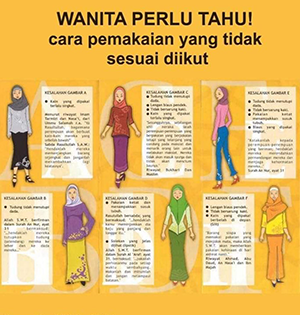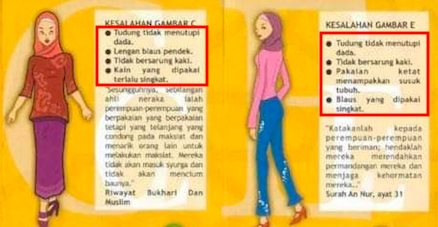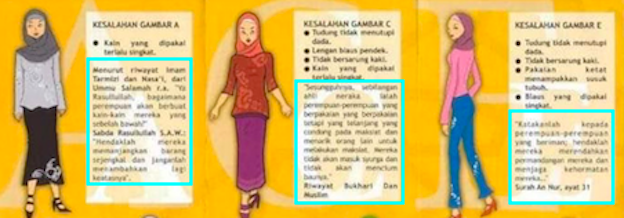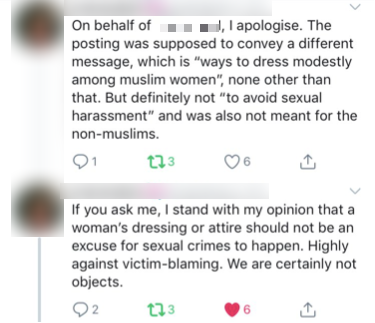Malaysian Uni Draws Backlash For Telling Women "What Not To Do" To Avoid Sexual Harassment
The poster cited religious scripture and key figures to justify why women should dress appropriately.
The student council of a local university in Kuala Lumpur is receiving backlash after posting an advisory on Facebook on how its female students should dress for their own safety
"How to dress appropriately to avoid being sexually harassed," the caption read.
While the Facebook post has been removed from the university's page, a netizen posted screenshots of it on Twitter on 17 June.
"People who cover up perfectly still get sexually harassed, animals and babies still get raped. Who are you blaming?" she wrote.
"Shame on you. I'm embarrassed on behalf of the Muslim students at the university," the netizen added.
The poster, titled 'Women should know! Types of dressing that should not be followed', depicts illustrations of six women donning different types of clothing
Each illustration is followed by the "errors in dressing" committed.
Among the "dressing don'ts" mentioned in the poster are "skirt too short", "sleeves too short", "hijab not covering chest", "not wearing socks", and "clothes showing shape of body"
The poster also cited religious scripture and key figures in Islam to justify why women should dress "appropriately"
The citations included Surah An Nur, Surah Al' Araf, and Riwayat Imam Bukhari.
In response to the tweet, netizens argued that women should not be blamed for sexual harassment against them carried out by men
A representative of the university's student council has apologised on Twitter for the poster, saying that it was supposed to convey "a different message"







